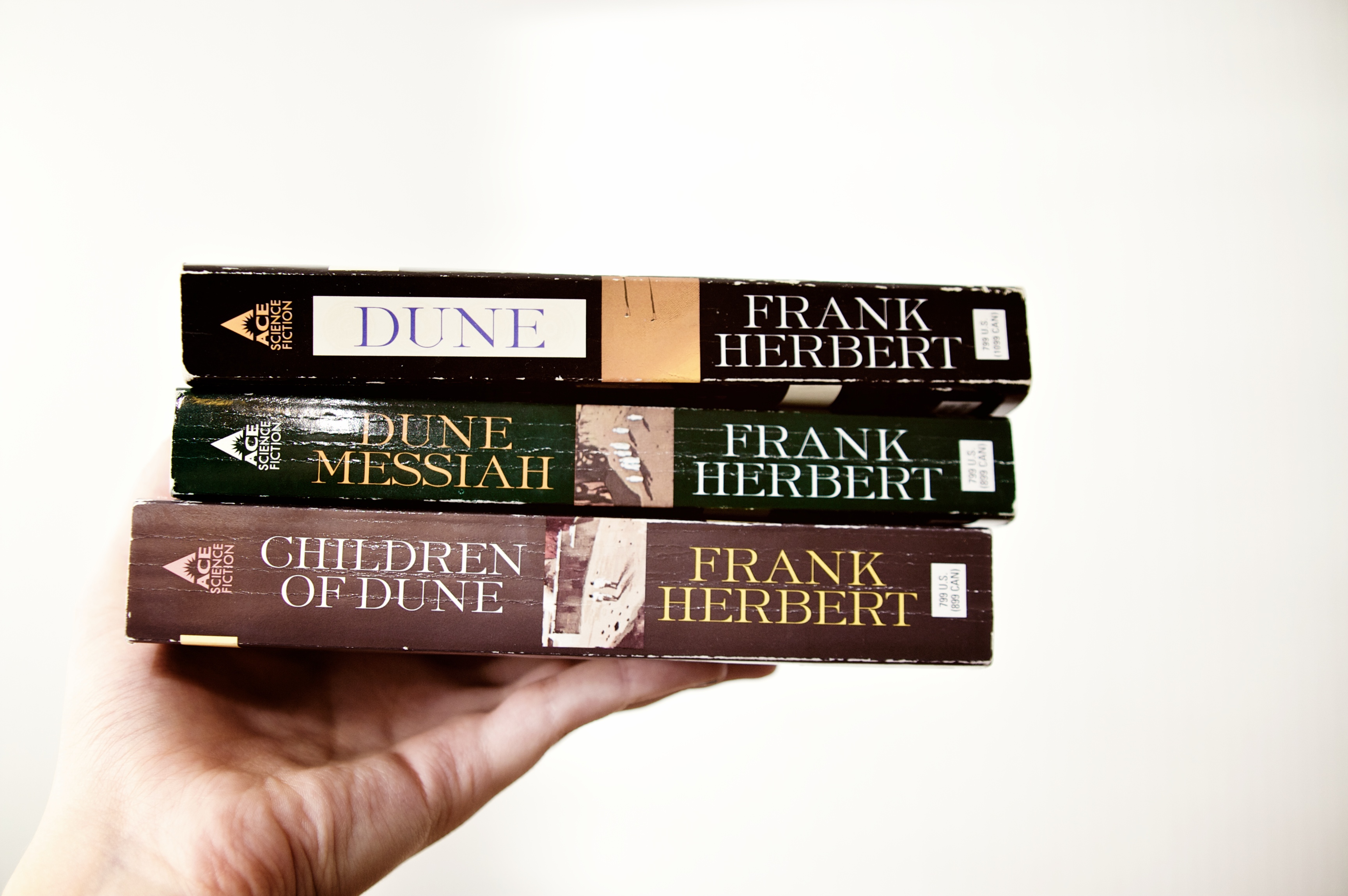http://blogs.nottingham.ac.uk/makingsciencepublic/2015/12/06/climate-science-and-climate-fiction-alarmist-really
REPOSTED from Dr Nerlich's original post: [***with annotations and minor edits by this blogger]
Climate science and 'cli-fi': Alarmist, really?

For more than 25 years, climate scientists have warned politicians and the general public about the dangers posed by global warming. Sometimes they have been listened to; more often then not they have been accused of alarmism. For more than a century, novelists and film makers have explored the possible, often catastrophic and dystopian, effects of man-made climate change in what has come to be known as .... clif-fi. Some call such literature alarmist. But do these accusations of ‘alarmism’ hold up to scrutiny, both with regard to science and with regard to literature? Or can we see a new form of realism emerge which brings ''fact and fiction'' closer together?
Alarmism
Accusations of alarmism against climate scientists peaked around 2009, the year of climategate and the failed Copenhagen summit, COP15. Another crucial climate change summit is now under way in Paris, COP21. One threat to reaching a deal at this year’s summit is the still polarised debate, in the United States in particular, between so-called alarmists and so-called realists. Those who call themselves ‘realists’ see warnings of dangerous climate change largely as fiction and alarmist fiction at that.However, there are developments which could change this situation – and which might need more scrutiny beyond this short blog post. In particular, one can observe a gradual meeting of minds between those creatively exploring climate futures in novels and movies and those realistically exploring the future impacts of climate change. In both cases, accusations of alarmism are coming to sound increasingly hollow; and in both cases what is being said or written sounds increasingly realistic.
‘If this goes on’ – literature and reality
For more than a century, writers of fiction, and now cli-fi, have painted ‘what-if’ scenarios in which the implications of (man-made) climate change have been explored, from Jules Verne’s The Purchase of the North Pole (1889) through J G Ballard’s environmental apocalypse books, to Frank Herbert’s 1965 epic Dune, to the dozens and dozens of so-called cli-fi books which have appeared since 2005 dealing more directly with anthropogenic climate change.Many films and novels in this new literary trend examine post-apocalyptic scenarios, imagining a future after a climatic apocalypse. In this they are similar to a Russian genre of the late 19th and early 20th century called the “If-This-Goes-On Fiction”, “a particular kind of dystopian fiction, that if a certain trend goes on, and we don’t stop, then this is what’s going to happen.”
Interestingly, exploring such ‘if-this-goes-on’ scenarios has also been the task of the Intergovernmental Panel on Climate Change since 1988 and that of the United Nations Climate Change Conferences since 1995. These are scenarios examined yet again at this COP21 in Paris, not as fiction but as fact.
Alongside this melding of factual and fictional explorations of possible (if-this-goes-on) futures, we also find an increasing trend for fictional and indeed apocalyptic images to be apparently reflected in real-world events in the here and now, from mega-droughts, to mega-hurricanes, to mega-floods, to mega-fires. Such alarming images of extreme weather events are apparitions of fictional futures past, as portrayed for example by Ballard or Herbert, in the factual present. A recent article in the science magazine Nautilus was entitled “To save California, read ‘Dune’”.
Blending science and fiction
We now witness a rise in novelists exploring ever more concrete and science-based, indeed realistic, ‘what if’ scenarios. Authors such as Paolo Bacigalupi in The Windup Girl (2009), Margaret Atwood in Year of the Flood (2009), or James Bradley in his “elegantly bleak vision of a climate-change future, Clade” (2015), investigate what might happen in the future if climate predictions are taken to their logical conclusions. (And of course there are many more*)This ever closer interaction between science and fiction, between factual and fictional writing, has an interesting history. As early as 1989, the acclaimed sci-fi writer Isaac Asimov talked about the ‘greenhouse effect’ and its potentially devastating consequences for life on Earth. This was a year after James Hansen had put this phenomenon on the political agenda and was told that he was generating fear and alarm. Here we have a both a climate scientist and a science fiction writer talking ‘science’, not exploring fictional ‘what if’ scenarios but factual ones, namely what happens if we go on pumping more and more greenhouse gases into the atmosphere. And they both come to quite alarming conclusions.
Alarmism?
Hopefully, such emerging interactions between science and literature contribute to a growing interest on the part of the public in the real and realistic threats posed by climate change, and a growing recognition that the facts of the world are quickly looking a lot like fiction. Such an understanding should dampen down recurring accusations of alarmism. And yet, we shouldn’t expect the label of ‘alarmist’, so easily used to judge climate science and climate fiction, to go out of fashion any time soon.P.S. This was written before the severe floods struck Northwest Britain in the wake of storm Desmond. I sincerely hope everybody up there is as safe as they possibly can be.
—–
*For those interested in cli-fi may check out Dan Bloom’s The Cli-fi Report. See also Goodreads for an expanding list of cli-fi books. People who want to stay in tune with developments might want join the Cli-fi Central Facebook group maintained by Paul Collins in the UK and open to all: https://www.facebook.com/#!/groups/320538704765997/.
An interesting discussion and more information on cli-fi can also be found in the comments underneath a blog post I wrote last year.
Image: Flickr – labelled for reuse
1 comment:
I recently wrote a response to Neil DeGrasse Tyson's remarks regarding how science fiction dystopias usually fail to factor in the human tendency to adapt. The failure to adapt, or the inadequacy of the adaptation, is a sine qua non of the genre. My blog is at www.clarkewowens.com.
Post a Comment